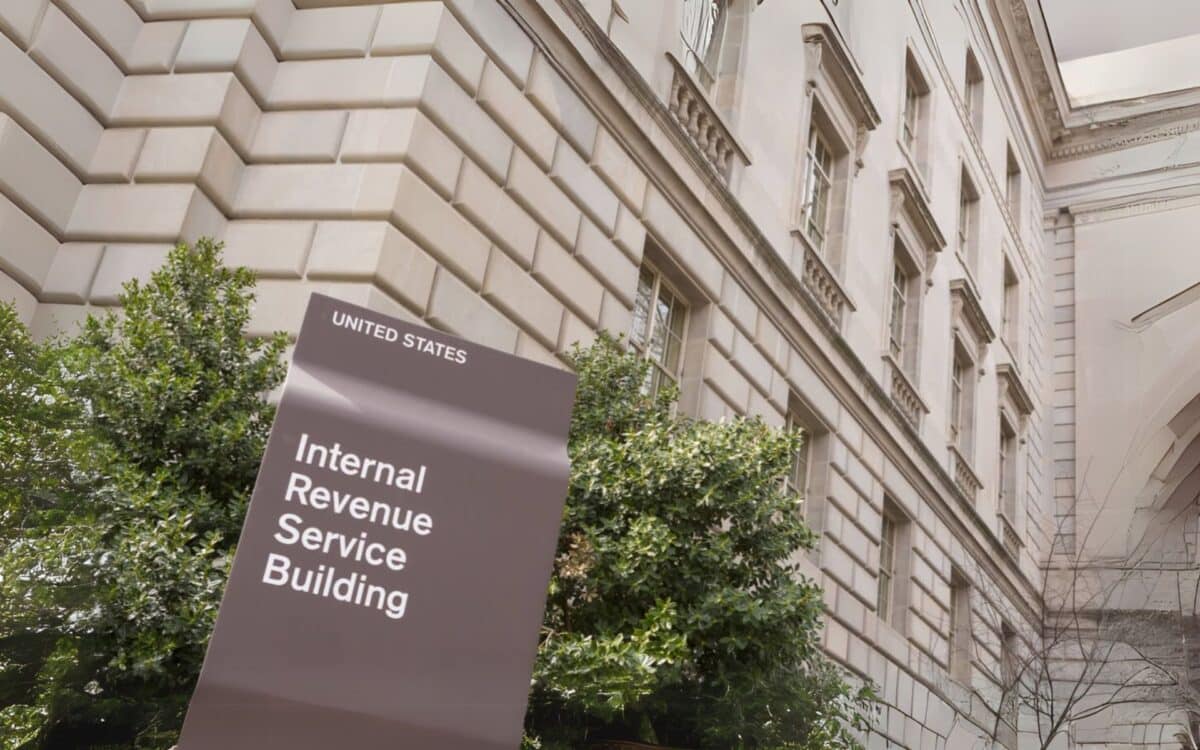The Internal Revenue Service (IRS) has issued a low-key yet significant reminder to millions of U.S. citizens and resident aliens living beyond American borders: federal income tax returns for the 2024 tax year must be filed and any owed taxes paid by June 16, 2025.
While the IRS has not unveiled any sweeping changes, the message serves as a crucial alert for expatriates, many of whom remain unaware of their continued tax obligations.
According to reporting by Newsweek, this annual notice reiterates that location does not exempt U.S. taxpayers from compliance with federal tax laws.
Automatic Extension for Americans Abroad
The IRS grants an automatic two-month extension for individuals whose tax home and main place of work is outside the U.S. and Puerto Rico. This includes U.S. citizens, resident aliens, dual citizens, and military personnel stationed overseas. No request is required for this automatic grace period.
Those who still need more time to file may request an additional extension until October 15, 2025, by submitting Form 4868 (individuals) or Form 7004 (businesses). It’s important to note that this extension applies only to filing—not to payment.
Interest begins accruing on any unpaid taxes as of April 15, 2025, the original deadline.
Interest Rates and Penalties
Although the extension grants more time to file, it does not prevent interest charges. As Jay A. Soled, professor at Rutgers Business School, explained to Newsweek:
“Even with the tax-filing extension, interest will apply to any 2024 tax payments received after April 15.”
“This means that unpaid tax-year 2024 tax balances will begin accruing interest, currently at the rate of seven percent per year, compounded daily, after April 15, 2025.”
This interest applies even if a filing extension has been approved. Taxpayers should ensure timely payment to avoid unnecessary charges.
What Income Must Be Reported
All U.S. taxpayers, regardless of residence, must report worldwide income, including wages, interest, dividends, and foreign-sourced earnings.
Failure to report accurately and on time may result in penalties and forfeiture of tax benefits, such as the foreign earned income exclusion.
Additionally, those with foreign financial accounts holding more than $10,000 at any point during 2024 must submit Form 114 (FBAR) electronically to the Financial Crimes Enforcement Network of the Treasury Department.
Filing Methods and Payment Options
Taxpayers can file electronically or by paper. Form 4868 can be submitted through IRS e-file systems or mailed. Payment methods include IRS Online Account, IRS Direct Pay, EFTPS, and credit/debit cards.
The IRS accepts payments from non-U.S. bank accounts and digital wallets, though service fees may apply.
For individuals affected by the ongoing conflict in Israel, Gaza, or the West Bank, the IRS has extended the federal filing and payment deadline to September 30, 2025. Similarly, military personnel in combat zones may be eligible for further automatic extensions, in accordance with IRS guidelines.
Expert Insights on the Relevance of the Extension
Some experts believe the two-month extension rule is outdated. According to Jay A. Soled:
“Commenting on why individuals working and living abroad have a two-month filing extension, Soled said it was ‘undoubtedly a relic of a bygone era when it was difficult for those living overseas to receive third-party information returns.”
“In light of current technological developments, Congress would be wise to eliminate this exception.”
Richard D. Pomp, professor at UConn Law School, offered a similar assessment:
“The extension is a very old rule that predates the digital economy. Correspondence in those early days took place by mail and the time it took for mail to go back and forth across the ocean could lead to delays that taxpayers living in the country did not experience. In the digital economy, things are far more efficient and the rule is probably unduly generous.”
He also raised concerns about the broader state of IRS operations:
“We are currently living through a total state of chaos at the IRS. Whenever possible, taxpayers abroad should file electronically and verify with screenshots and saved files, and copies of all documentation.”









